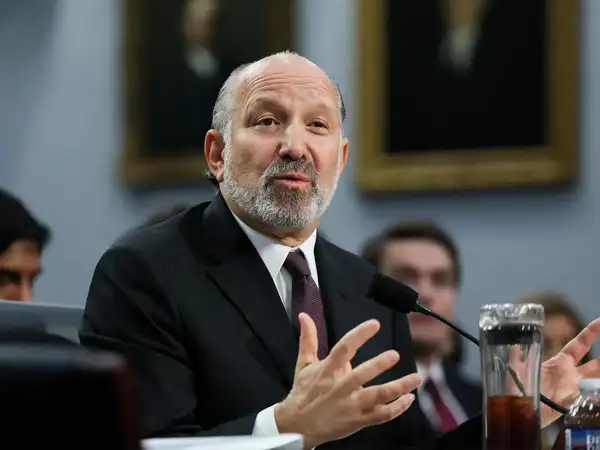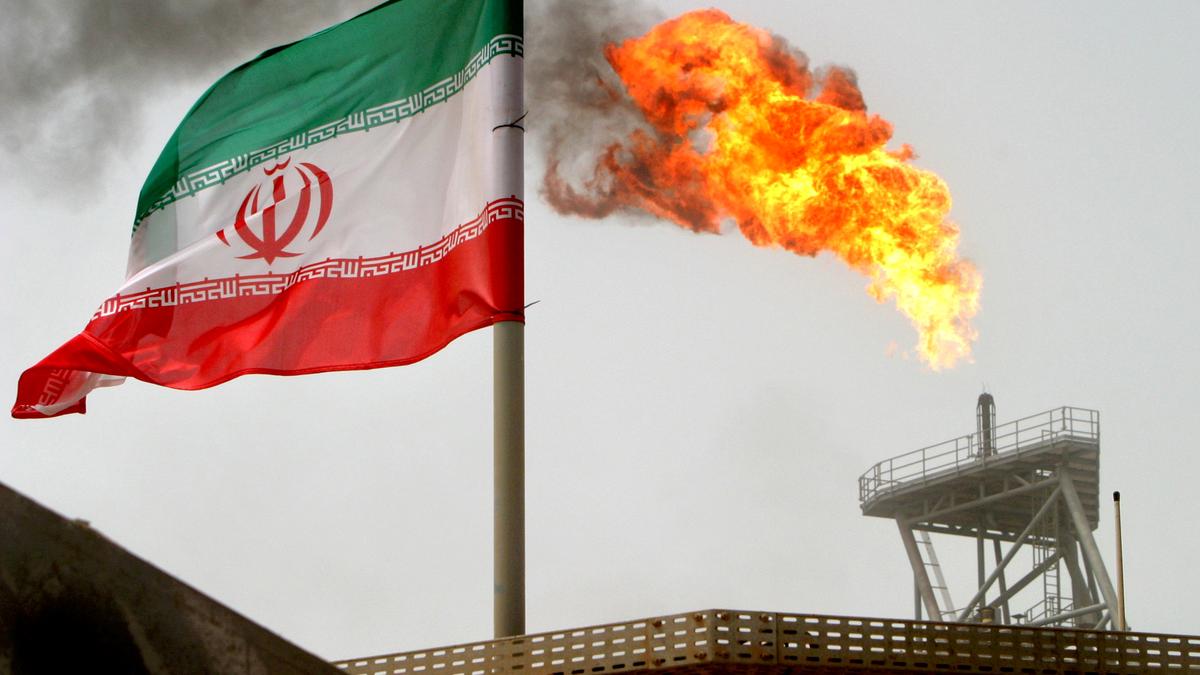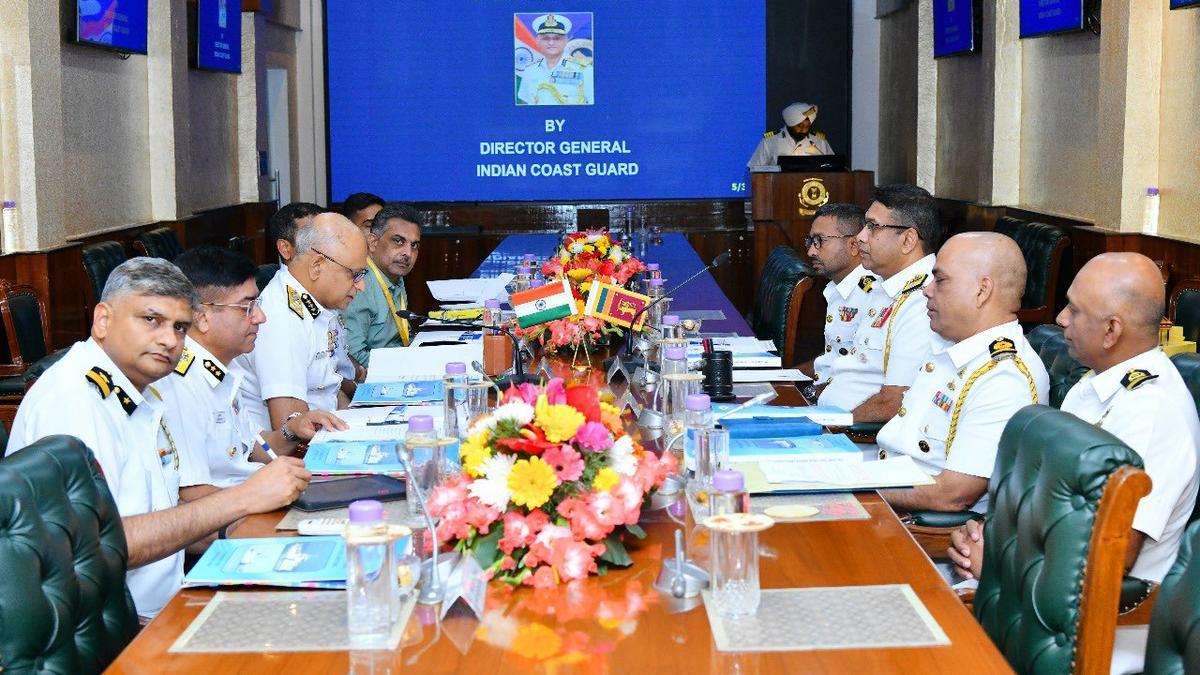




Copyright infringement not intended
Picture Courtesy: The Hindu
Donald Trump's second term marks the continuation of a ‘Trumpian’ era, where his leadership disrupts traditional international legal frameworks, as he’s known for prioritizing unilateral actions over multilateral cooperation.
President Trump's "America First" policy, which prioritises US interests in international affairs, has resulted in actions such as withdrawing from the Trans-Pacific Partnership (TPP) and the Paris Climate Agreement to reduce US involvement in multinational agreements. It has created disagreement with traditional allies and added unpredictability in the US foreign policy.
Trump's trade policies disrupted established trade norms. He imposed tariffs on major trading partners (e.g., China, EU, Canada) that violated WTO principles.
Withdrew the U.S. from several international agreements and organizations, including the Paris Climate Agreement, the Iran nuclear deal, and the United Nations Human Rights Council.
He recognized Jerusalem as the capital of Israel and initiated the Abraham Accords, normalizing relations between Israel and several Arab nations.
Criticized NATO allies for not meeting defence spending targets and suggested that the U.S. could decrease its obligation to the alliance. This caused concern among European allies about the future of NATO and the U.S.'s role in European security.
Trump met with North Korean leader Kim Jong-un three times, aiming to denuclearize the Korean Peninsula. While these meetings were historic, they did not result in significant progress toward denuclearization, and North Korea continued to expand its nuclear arsenal.
Trump ordered the assassination of Iranian General Qasem Soleimani, escalating tensions in the Persian Gulf.
He brokered the Abraham Accords, leading to normalization agreements between Israel and several Arab nations.
He initiated a conditional deal with the Taliban to withdraw U.S. troops from Afghanistan in 2021.
Withdrawal from the Iran nuclear deal, officially known as the Joint Comprehensive Plan of Action (JCPOA), led to the reimposition of U.S. sanctions on Iran. The decision increased tensions in the Middle East and complicated diplomatic efforts to prevent Iran from developing nuclear weapons.
Complex relationship with Russia; while he expressed a desire for improved relations, his administration imposed sanctions on Russia for various activities, including election interference.
Withdrawal from the Paris Climate Agreement signalled a retreat from global climate change efforts. The decision was criticised by environmental groups and other nations, potentially restricting collective action against climate change.
Trump’s support for Saudi Arabia despite the killing of journalist Jamal Khashoggi raised questions about U.S. commitment to human rights.
Implementation of family separation policy for migrants arrested at the U.S.–Mexico border. His demand for federal funding of a border wall resulted in the longest U.S. government shutdown in history.
Donald Trump's second term in office starting in January 2025, after his initial term from 2017 to 2021, his return signals a continuation of his approach to governance, marked by populist policies, nationalistic rhetoric, and an "America First" stance, which could have a deep impact on both domestic policies and international relations, and also challenged the established norms of U.S. politics.
His “America First” policy will probably lead to more unilateral decisions, possibly withdrawing from international agreements, challenging long-standing allies, and challenging multilateral organizations like the United Nations. It could reshape alliances and economic relationships, especially with countries like China and the EU.
|
Recent Steps
|
During his first term, Trump has taken tough stances on China, including tariffs and trade wars. In his second term, he can take a more aggressive approach by focusing on issues like intellectual property theft, technology competition, and military presence in the South China Sea. It could result in increasing tensions between the US and China, potentially affecting global supply chains and international trade.
His past criticism of the European Union and NATO might continue, especially if he moves for reforms in these organizations or further isolates the U.S. from multilateral agreements. This could lead European countries to either distance themselves or find alternative alliances, especially with China or Russia, challenging the long-standing transatlantic partnership.
In his second term, Trump could continue his protectionist trade policies, such as imposing tariffs on countries like China, the EU, and even allies. It could lead to more trade wars and uncertainty in global markets. Countries dependent on free trade will be impacted most, as they might face higher costs for goods and reduced access to U.S. markets.
Trump's stand on climate change during his first term may continue, he could prioritize energy independence over global climate cooperation, which might lead to a further disengagement from global efforts to combat climate change. It could slow down international progress on climate action, with significant global repercussions.
Trump’s “America First” might reduce U.S. military involvement in foreign conflicts, focusing instead on reducing troop deployments and cutting defence spending abroad. However, his unpredictable nature could also lead to sudden military interventions if he perceives threats to U.S. interests.
Trump's second term could see a greater focus on regulating foreign technology, especially Chinese tech giants like Huawei. His administration could advocate for greater US dominance in global technology sectors, which might give rise to increased competition and new tech wars. It could also have broad consequences for data privacy laws and digital trade agreements.
Trump's second term may result in a more fragmented geopolitical order. By centring on nationalism and unilateralism, he may disrupt the global order and shift power dynamics. The United States may face growing isolation, while other countries look for new alliances and influence, particularly with China and Russia, which could result in a restructured world order in which the United States plays a less central role.
Must Read Articles:
ABOUT INDIA-US RELATION UNDER TRUMP 2.0
TRUMP'S "AMERICA FIRST" POLICY THREATENS GLOBAL TRADE
Source:
|
PRACTICE QUESTION Q.How did Donald Trump's "America First" policy impact global multilateralism? 250 words |




© 2025 iasgyan. All right reserved